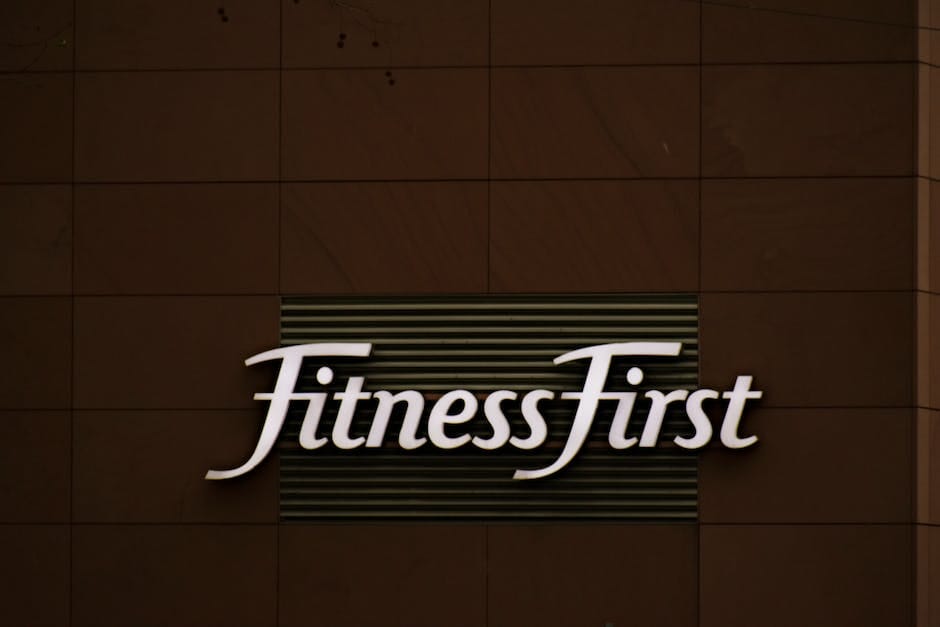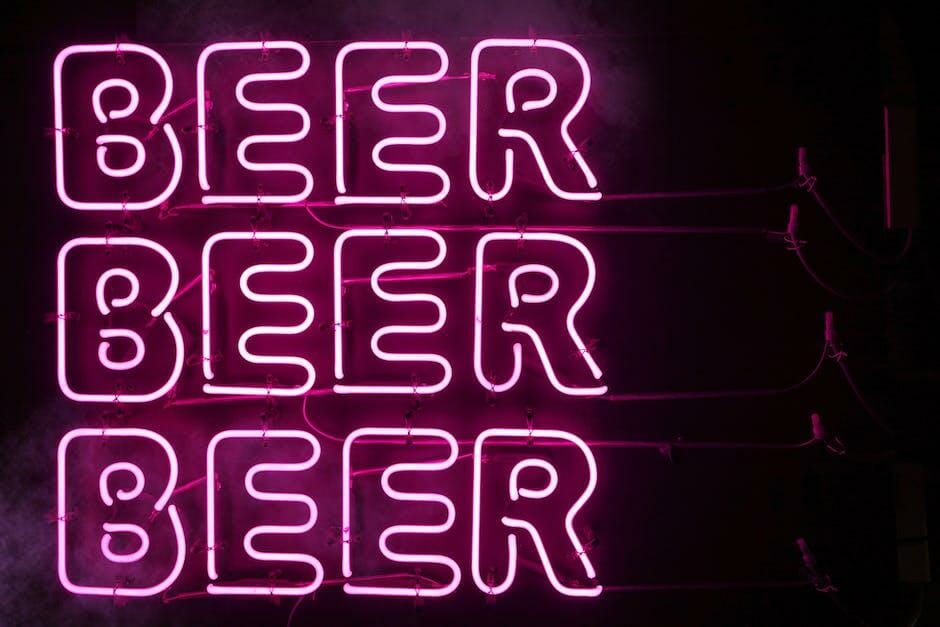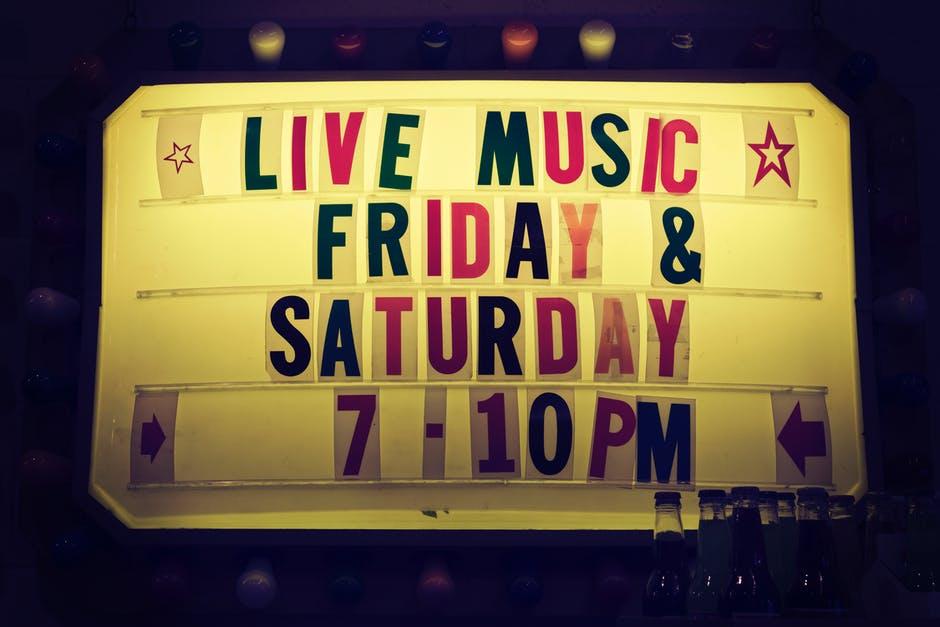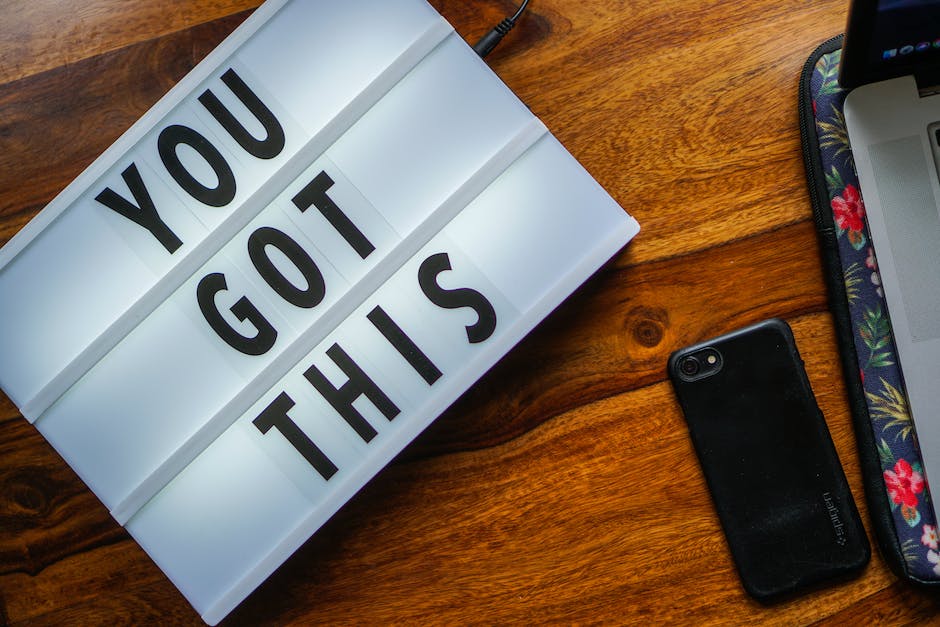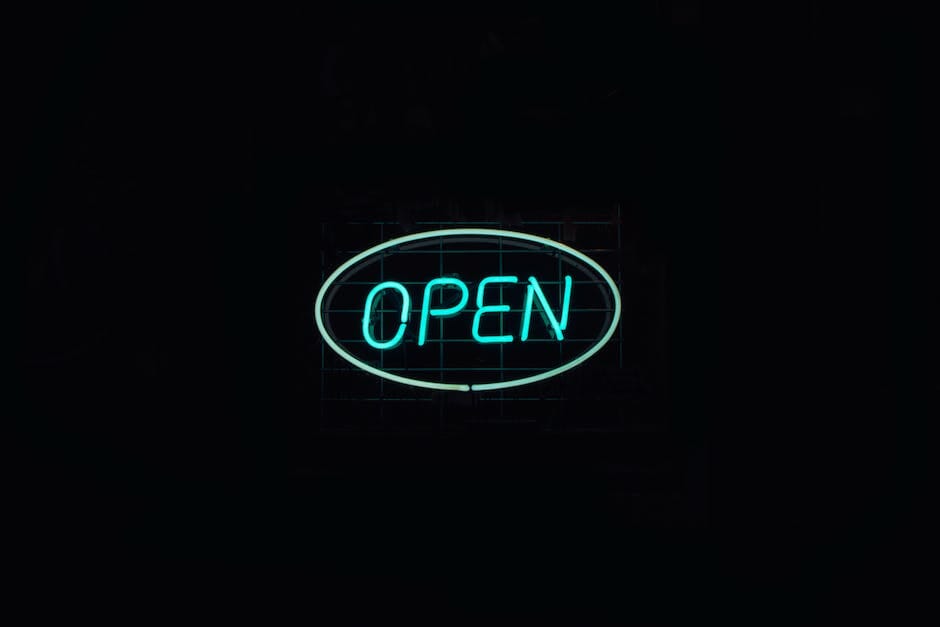Signage is a word that evolved from the English language
Even though it may seem like a new concept, signage has been around since man first made signs. But over time, its use changed dramatically.
When business owners began to realize the power of signage they started using it across their businesses. Some even closed down and switched to another form of marketing just because they signed up for a sign making program.
Before there was signage, every business was independent. Now more than ever before, entrepreneurs see the importance of branding and signage in their business strategy.
If you’re considering changing your business model or trying out a new one, then now is the time to do so with confidence.
You can start by introducing some changes into your signage campaign. Keep experimenting with different styles and looking at other creative ways to promote your brand.
The word is made of two parts that mean the same thing
Most words in English are composed of letters, but some have diacritics which change the meaning slightly or add flavor. One such “flavor” word is “-ation”, it forms nouns like “radioation” and “chemicalification�
These suffixes can be attached to words to create new words with different meanings.
Some -ations refer to changes people make to things; others focus on the effects they have once they’ve been implemented. People love to attach these suffixes because they feel like they’re getting a free upgrade!
The word was made to describe the signs brands use to promote their products
More and more, consumers are turning to digital media for information. Colorful displays of text could be a big mistake in this day and age.
That’s because visual content is what draws in readers and audiences today. Branding that relies only on textual messaging can be old-school, even archaic.
Digital signage is a way to bring modern branding to people who walk by or sit nearby. It creates awareness through images and messages instead of words.
When used correctly, it can help businesses attract customers and know when they need to contact them.
There are many ways to implement digital signage into your business model. From tabletop displays to billboards, there are all sorts of options that work well.
A company called VMS has several different types of digital signages you can choose from. They range from small handheld devices to large floor tiles and walls.
The signs were used to direct customers to a specific location
Signs have been around long before computers existed, so information technology wasn’t the only thing that benefited from them. An important application of digital signage is in retail, for example, where electronic posters can help managers communicate marketing messages with ease.
In fact, several studies show that visual alerts improve shopper awareness by attracting people’s attention. This helps retailers increase sales by getting consumers into stores and encouraging repeat business.
More recently, digital signs have become popular as entertainment tools, helping shoppers stay engaged and interact with store content. For instance, many supermarkets use screens to provide real-time inventory levels or special offers.
Shoppers may also be able to use their phones as interactive shopping assistants by using apps. These help find what products are needed, when they are available, and guide the customer through the check-out process. Apps reduce the need to push advertising at shoppers while they are in a store.
The signs became popular when companies started using them to promote their products
Signs were used long before they were ‘invented’ by marketers. They are easy to use – you just have to put an idea into people’s heads that it exists or is happening.
This is what advertisers do, but for regular people there’s another reason signs become so popular: nostalgia.
We all like remembering times in our lives when we were happy, because it was at such a time. For some of us, it is also about family memories.
There is a huge market among parents for signs to help with child development issues (such as teaching kids how to read). Or signs can make great gifts for new mothers, who love showing off their baby photos while feeding and changing the baby.
Another growing trend is in home decorating. People buy lots of stuff online and then come to stores to actually purchase it. More and more stores are offering free helping guides on how to choose colors and materials.
These guides often recommend signing up for emails or mailing lists so that you can get tips written directly to your inbox. It helps you take what you want to do next and turn it into a plan.
Signage is now used for many other things than directing customers
More businesses are seeing the benefit of signage as a way to promote their business, brand, or message.
Many use signs to create an atmosphere, make a statement, or simply guide visitors through the area they’re in.
They’ll also use signage when they want to convey information that has been researched and found to have a positive effect on consumers.
Such signs help inform people about prices, policies, events, and products/services. They encourage repeat business by being informed and helpful.
Signs can be made using different materials, such as metal, plastic, wood, fabric, and even cardboard. Materials are determined by how much durability you need and what look you want.
Including a logo and company name is standard for most signs. Matte finishes with text printed in color provide enough protection from ink rubbings.
The signs can be digital or traditional
Digital signages have come a long way since their early beginnings. They are now more advanced and efficient, allowing for greater functionality than ever before.
Traditional signage has also become much better over the past few years. Modern signage companies are using new technologies to improve efficiency and enhance experiences for customers.
Some of these newer technology devices include…
There are many different types of signage
Signs can be https://anaheimsigns.com/why-is-signage-important-on-a-construction-site/amazing pieces of advertising that help people recognize a brand or business. They can also be functional and helpful messages to employees or customers.
There are hundreds of ways to put signs up around your place. You can buy sign posts, which is kind of like buying paint. Or you can make them yourself with materials from wood to posters.
Some kinds of signs were used in ancient times for more practical purposes. For example, some farmers covered their crops with diagrams of deities to protect them. Some restaurants put up signs telling people where to go for food options.
Modern signs come in many forms. Many businesses use signs as advertisements for their products. Other common signs include warning signals such as “ DO NOT DISTURB” or “ WATCH FOR VEHICLES,” direction signs, and notices. Notices are often posted at entrances to places or rooms in buildings.
Common uses for notices include announcements (such as holiday parties), warnings about dangerous conditions (like fire hazards), and information related to the operation of services or facilities (such as building entrance hours).
Signage is a very effective way to promote your business
Signage can be used in numerous ways to attract people, but it must follow certain rules.
Signs should be placed strategically throughout your business so that visitors will have an easy time finding them.
When designing your signage, choose quality over quantity. Since most businesses do not have large budgets, they should focus on creating attention with their signs while establishing a unique tone.
There are several different types of signages, each designed for specific purposes. Here are some examples :
Banner ads (1-2 sentences): Attract customers with headlines then keep them coming back by offering deals or additional information.
Location banners (3-4 sentences): Use this banner type when you want to provide detailed information about your location or encourage people to visit one of your locations.
Flat/don’t flat banners (5-6 sentences): This is the least popular style of banner ad. Instead of going up against other content, these banners cut through the clutter at half height, followed by a statement or proposition.
Heightened context banners (7-8 sentences): These are similar to location banners, except they work better within a page structure. The reader is more likely to click on a banner if the message fits within the design of the web page.
Columns (more than 8 sentences): Use this banner type when you need to give extensive information. A column requires significantly less space than a sentence would because it breaks down
Table of Contents
Toggle
